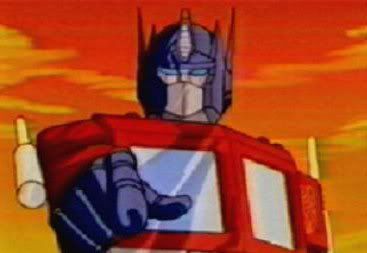
Storytelling is (sometimes literally) my bread and butter. I lean towards games with strong story emphasis. I often value story of spectacle in movies and television. I write stories in the hope they will be enjoyed by others. A question, however, has occurred to me: is it possible for a game or novel or film to have too much story?
I’m not talking about the content of a narrative, per se. Multi-volume epics like A Song of Ice and Fire or The Vampire Chronicles have a lot of story to them. That, however, is the medium of novels. In films and video games, audiences tend to expect more expedient segues into the action. Front-loading the running time of such media with exposition can lead to a negative audience experience.
This isn’t to say that there’s anything wrong with a tale that paces itself. 2001: A Space Odyssey may be a long-winded narrative that seems preoccupied with its own visual stylization, but at its core there is a thought-provoking story that is couched purposefully within those images. For all of its run-and-gun presentation, Spec Ops: The Line slowly reveals the thrust of its tale and the true purpose of the narrative without feeling rushed no matter how intense the shooting becomes. Pacing is important to good storytelling, just as important as developed characters, a nice sharp hook, and a payoff that is both satisfactory and leaves the audience hungry for more.
What I mean when I say “too much story” is the aforementioned problem with exposition. A storyteller that feels they have too much story to tell, even if they don’t realize that is their sentiment, will fill their character’s mouths with stilted, expository dialog rather than words that inform relationships, motivations, and emotions related to those characters. The characters in your story should exist for reasons beyond the advancement of the plot. No narrative through-line is so vital that you need to sacrifice your characters’ agency at its altar.
In some types of games, a little expository dialog is inevitable. Role-playing games have NPCs to fill the player or players in on their quests, the world in which they live, and what’s at stake. Even here, though, it’s important to flesh out those NPCs, to give them lives of their own, and make the world come to life for your players. Never forget that the word character is part of the NPC acronym. Like characters in any other narrative, the audience (in this case, players) should be enabled to make connections between and towards these individuals. The more you create these opportunities, the more chances you have for your narrative hooks to sink in nice and deep, and the better the experience will be for those you’ve ensnared.
It’s never enough for your characters to tell the audience or each other how important the story that’s unfolding is supposed to be. At best, this comes off as pretentious; at worst, it makes the entire proceeding drab and uninteresting as well. Man of Steel fell into this trap. It broke what many would consider a cardinal rule: Show, don’t tell. Your narrative is best conveyed through action and well-informed dialog, in subtext and purposeful characters following their motives in rational ways, even if those ways are only rational to them. In narrative fiction, let your characters inform the story; in games, give your players important choices; in both cases, let these variables shape the tale’s path to its outcome, even if you believe you know what that outcome should be.
Even if you outline your tale from start to finish long before you type the first word of the story itself, you should give the appearance of having no idea what will happen next. Hide your structure behind the masks of characters who come to life and events that will be difficult to forget. The more organically your plot points unfold, the less they’ll feel like plot points. Obfuscate the story behind its players; hide the strings upon which your characters dance.
This is merely a baseline guide for narratives, of course. Sometimes, genius comes from showing the strings – Slaughterhouse-Five comes to mind. However, if you feel like your story is mired in something you are unable to discern, try removing the structure from it and letting the characters guide you, rather than the other way around. You may be surprised at what you find; you may find yourself in a situation where you simply had too much story.





